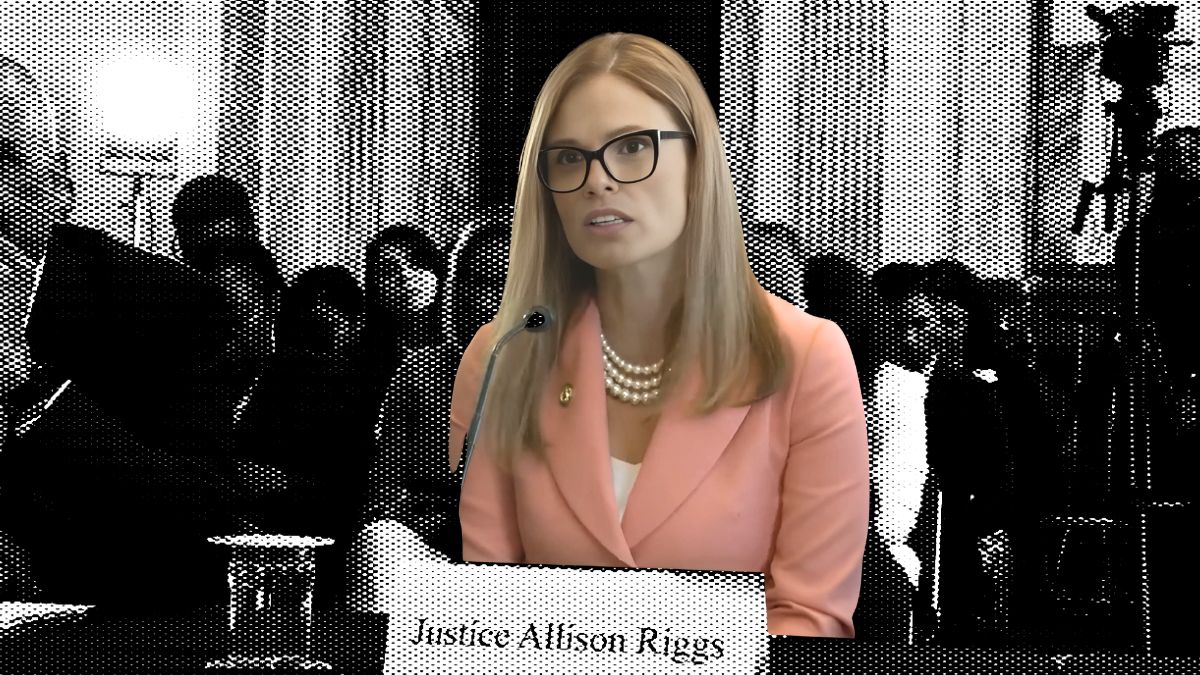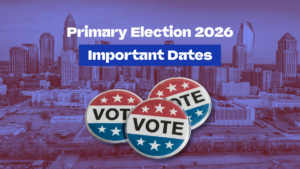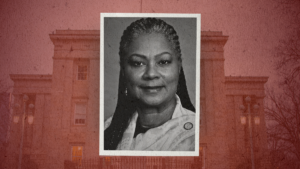North Carolina Supreme Court Justice Allison Riggs joined a U.S. Senate forum on voting rights Wednesday to deliver a warning to lawmakers: efforts to throw out ballots and overturn elections are just getting started.
Riggs took part in a two-hour panel convened by Sen. Alex Padilla (D-Calif.), ranking member on the Rules Committee, and Sen. Dick Durbin (D-Ill.), ranking member of the Judiciary Committee, alongside former Attorney General Eric Holder and other voting rights experts.
She said that through her opponent Judge Jefferson Griffin’s challenge to around 68,000 ballots, “we came perilously close to watching our system of rules-based elections crumble before our eyes.”
“For six months and two days after the election, I fought to make sure every eligible vote was counted,” Riggs said. “What we experienced wasn’t even just about one person’s vote, or 68,000 people’s votes. It was a more fundamental dispute: Do voters, not politicians, decide elections?”
At stake, she stressed, is whether someone can cast a ballot and feel confident it will count. “Instead, it will depend on whether partisan politicians have enough money to throw at a race to litigate the outcome after the fact,” Riggs said. She went on to share that in total, defending her election victory in court cost roughly $2 million.
While the NC Court of Appeals and NC Supreme Court initially ruled in Griffin’s favor — ordering all or at least some ballots to be disposed of— a Trump-appointed federal judge found that doing so would violate the constitutional rights of voters. Griffin conceded soon after.
With the Griffin case settled, the Trump administration has taken up the mantle of challenging the eligibility of North Carolina voters. The Justice Department sued North Carolina in March on some of the same grounds as the Griffin challenge.
Soon after, the NC Board of Elections unveiled a plan to collect information from more than 100,000 registered voters, an initiative that NC Democrats worry will result in eligible voters being disenfranchised.
Among the voters challenged in 2024, Riggs noted, were those who cast military and overseas ballots and did not include photo identification — which the North Carolina State Board of Elections instructed they did not need to provide.
Veterans were also ensnared in the other, larger pool of ballots challenged by Griffin — voters alleged to have not provided a partial Social Security number or driver’s license number when registering. That dispute included the ballot of Riggs’s own father.
Much of Wednesday’s discussion also centered on Texas Republicans’ efforts to redraw the state’s congressional map to eliminate five Democratic members of Congress. North Carolina came under fire for its own congressional redistricting in 2023, which resulted in the elimination of three Democratic seats and a slew of lawsuits— one of which is ongoing.
Toward the end of the panel, Riggs highlighted what she saw as a cause for optimism — the fact that during her team’s efforts to cure military and overseas ballots that the state courts had ruled should be thrown out, they were able to reach a military member stationed as far away as Antarctica.
“North Carolinians can reach as far as the South Pole to make sure that each other’s voices are heard,” Riggs said. “We will find that silver lining, keep fighting, and even though we know these will keep coming until policymakers push us in a different direction, we’re up to that fight.”





